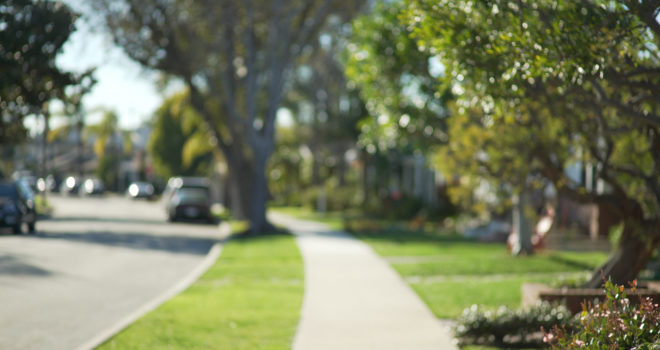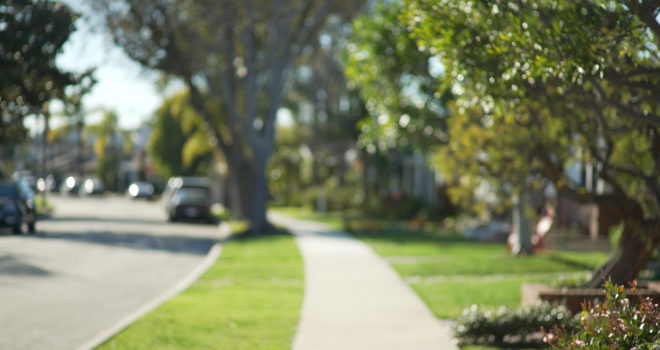In 1987, author Sallie Tisdale, a nurse, wrote an essay titled We Do Abortions Here about her work in an abortion clinic. I find its arguments and, more accurately, its lies, to be the same as those we hear in this current time after the Dobbs decision. Tisdale, in fact, shamelessly admits to willfully and intentionally lying to her clients about the humanity of the unborn. As we Americans are now forced to confront this issue in our respective states, the lies of the pro-abortion side become louder and more insistent. They certainly did in Kansas. We must all make a decision on this most important issue and decide where we stand; standing silently to the side is not an option. Kansas has fallen to the lies, the first state to make the conscious decision to stand with death rather than life in a post-Dobbs vote. We must discern and see through the lies for what they are and from whom they ultimately come: from their father, the devil, who was a liar from the beginning.
Tisdale imagines “a world where [abortion] won’t be necessary, and then return to the world where it is.” Here is the main argument proposed by Tisdale, if an argument it can be called. Tisdale’s defense of the necessity and even morality of abortion is that of consequentialism. To her, the ends justify the means. The ends, to Tisdale, are things such as financial or mental well-being or simply the freedom of not being a parent. I imagine she, and all those in favor of abortion, would say freedom is the ultimate good to be achieved. Freedom is very good, to be sure. Financial security and mental well-being are of course also good things. But can we commit a moral evil to achieve them? How many Americans would agree with this view when it comes to abortion? It appears the people of Kansas do.
I could provide the philosophical arguments against this ideology, and perhaps convince some readers, but I oft find that fiction can better illustrate an objective truth than any amount of philosophizing. The author Ursula Le Guin describes the greatness and happiness of a city named Omelas, a society so concerned with its own well-being that it would allow an intrinsic evil to be visited upon an innocent person just to continue its carefree security. It is a utopia, free from crime, free from corruption, free from the cares and hardships experienced by all of us. How was this greatness, this peacefulness, this joyous existence maintained? It was thus:
In a basement under one of the beautiful public buildings of Omelas, or perhaps in the cellar of one of its spacious private homes, there is a room. It has one locked door, and no window…a mere broom closet or disused tool room. In the room, a child is sitting…Perhaps it was born defective, or perhaps it has become imbecile through fear, malnutrition, and neglect…The door is always locked; and nobody ever comes, except that sometimes…the door rattles terribly and opens, and a person, or several people, are there. One of them may come in and kick the child to make it stand up…The people at the door never say anything, but the child, who has not always lived in the tool room, and can remember sunlight and its mother’s voice, sometimes speaks…”Please let me out. I will be good!” They never answer. The child used to scream for help at night…It is so thin there are no calves to its legs; its belly protrudes; it lives on a half-bowl of corn meal and grease a day. It is naked.
Does this horrify you? Are you angered that anyone would treat an innocent child so? Does your humanity not demand anger at such an injustice? The people of Omelas know the child is in the room. They know its suffering is that which allows them to continue their peaceful and carefree lives. They know if the child were to be freed and “brought up into the sunlight out of that vile place, if it were cleaned and fed and comforted, it would be a good thing, indeed…” and it would end the utopian fantasy they enjoy. But they care more for themselves and avoidance of discomfort, hardship, or consequence than they do for an innocent child. The people of Omelas, in the twisted pathways of their own minds, justify it:
…they begin to realize that even if the child could be released, it would not get much good of its freedom: a little vague pleasure of warmth and food, no real doubt, but little more. It is too degraded and imbecile to know any real joy. It has been afraid too long ever to be free of fear. Its habits are too uncouth for it to respond to humane treatment.
Are these not the same lies told by Tisdale and others who support abortion? The child will grow up poor. The child will be neglected or abused. The child has a deformity or disability. The child is not actually a person. I asked before if you were horrified. Some of those in Omelas are also horrified:
They leave Omelas, they walk ahead into the darkness, and they do not come back.
And so, here we stand, you and I, before the walls of Omelas, “bright-towered by the sea,” the banners soaring, peace and happiness calling you to enter and dwell within. Will you, dear reader, allow for intentional suffering so as to achieve what you deem to be a good end or be one of those who walk away from Omelas through guilt and shame, though with cowardice, because you allowed the child’s suffering to continue though you no longer allow yourself to participate in it? Or rather, will you through virtue and courage free that child, that poor wretch who has done no wrong, bring it out into the sun, and never allow another to be placed in its prison to suffer on another’s behalf? As for Tisdale and the majority of Kansas voters, they remain in Omelas, go down to the basement room, kick the child, and return to the sun themselves, proud and convinced they have helped the city and its peace. Is this, as they claim, acceptable and moral or is it intrinsically and objectively evil?
Do not accept the lies. Do not allow others to accept them. Abortion is not, as Justice Samuel Alito articulates, a form of liberty, the unborn are fully human, and a perceived good end does not justify an evil means. Do not accept the lies. Do not allow others to accept them. Do not give up the fight for the unborn, even if your state has some measure of protections—there can always be more. Do not stand idly by or turn away, attempting to keep yourself blind as do the ones who leave Omelas. Choose as your side the truth and the life, and the One who is the way to those things, Our Lord Jesus Christ.
✠













